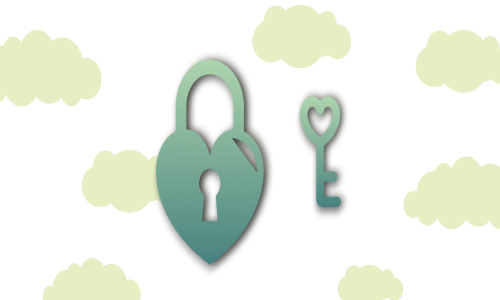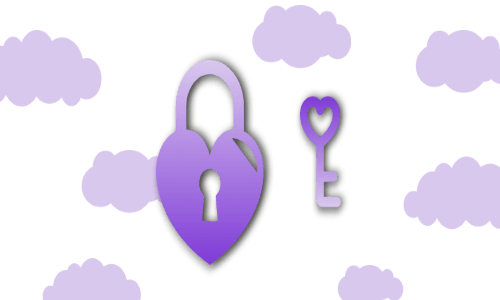
Live – Rebuilding Trust After Financial Betrayal: A Guide for Couples
Open to access this content

Open to access this content

Open to access this content

Open to access this content

Open to access this content

Open to access this content